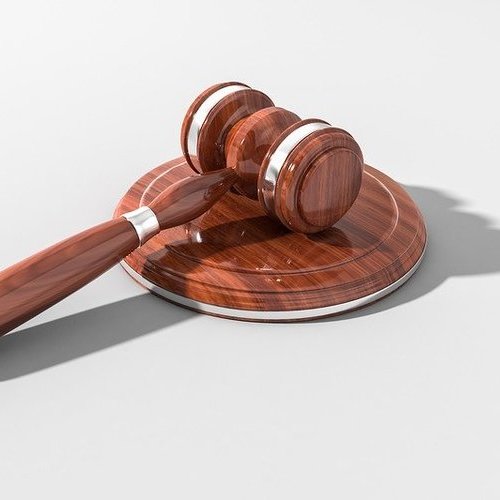Injustice is everywhere. From corruption in our government to brutality on our streets, the agitation and anger rises up within us because we want wrong to be punished and righteousness to be rewarded. With a lack of faith that justice will be sure and swift, some have taken to the streets to carry out their own form of “justice”. From the news media, to our politicians, to social media, we can quickly see that everyone has an opinion about it. While we can all agree that we want justice, we can’t seem to agree on what justice really looks like.
Amos is a difficult book with a difficult message to grasp, mainly because we aren’t familiar with most of the historical context to which it is connected. Take a moment to read Amos 1:1-5 right now. After the first few verses of introduction, Amos gets right down to business with a prophecy against Syria. Syria had committed all kinds of injustice against Israel, including a practice where they would literally “mow down” or “thresh” the fallen and wounded on the battlefield with a device made of iron. This mechanism effectively tore to shreds what was left of these wounded and dying people. It must have been a horrific scene and one likely designed to instill terror into their enemies. But God was not blind to this.
These horrific acts had occurred during their warfare against Gilead many years before. A generation had passed since these atrocities occurred. After all that time, Amos abruptly enters the scene prophesying against Syria and stating that God is holding them accountable for those events on the battlefield. The people may have felt that there would never be justice for what had befallen them, but God had seen the injustice. Why did He allow the Israelites to be threshed at Gilead in the first place? Why did He wait so long to show His vengeance? Was justice really served when the ones who committed these acts were likely gone before the punishment came along? These are all questions that I’m sure the people were asking and could not understand.
When we see injustice, we want people to be held accountable. We demand punishment for the crime and rectification of the system so that it will not happen again. When government is acting too slowly or is deemed too corrupt to fix the problem, we are quick to take justice into our own hands. I’m sure there were people asking, “Where is God?” It is hard for us to wait on God to enact his justice. We want Him to immediately “strike with lightning” that person or situation which has brought us down. Oftentimes, we do not and can not understand. Sometimes we may feel that justice isn’t served to our satisfaction. In fact, God does see ALL of the injustice done in the world and He doesn’t forget. He sees each instance and He will resolve it with HIS perfect justice in HIS time. In these cases, we need to trust that God knows better than us. We need to be convinced of the fact that “the judgments of the LORD are true and righteous altogether.” (Psalm 19:9)
What is our application? We can trust God (to see and to repay the evil) even if we don’t see it in our time or understand it when it comes. Our trust in God’s justice must prevail over our desire for personal vengeance in even the hardest of circumstances. After all, if you know the Lord as your Savior, aren’t you glad that God didn’t swiftly judge you as soon as you committed your first sin? We should be glad that He “is longsuffering to us-ward, not willing that any should perish, but that all should come to repentance.” (1 Peter 3:9) Remember, it is God’s desire that everyone who has committed the atrocities of sin towards Him to come to a place of repentance and reconciliation. But when God’s longsuffering for the world comes to an end, we have His assurance that vengeance will be swift and justice will be served.

